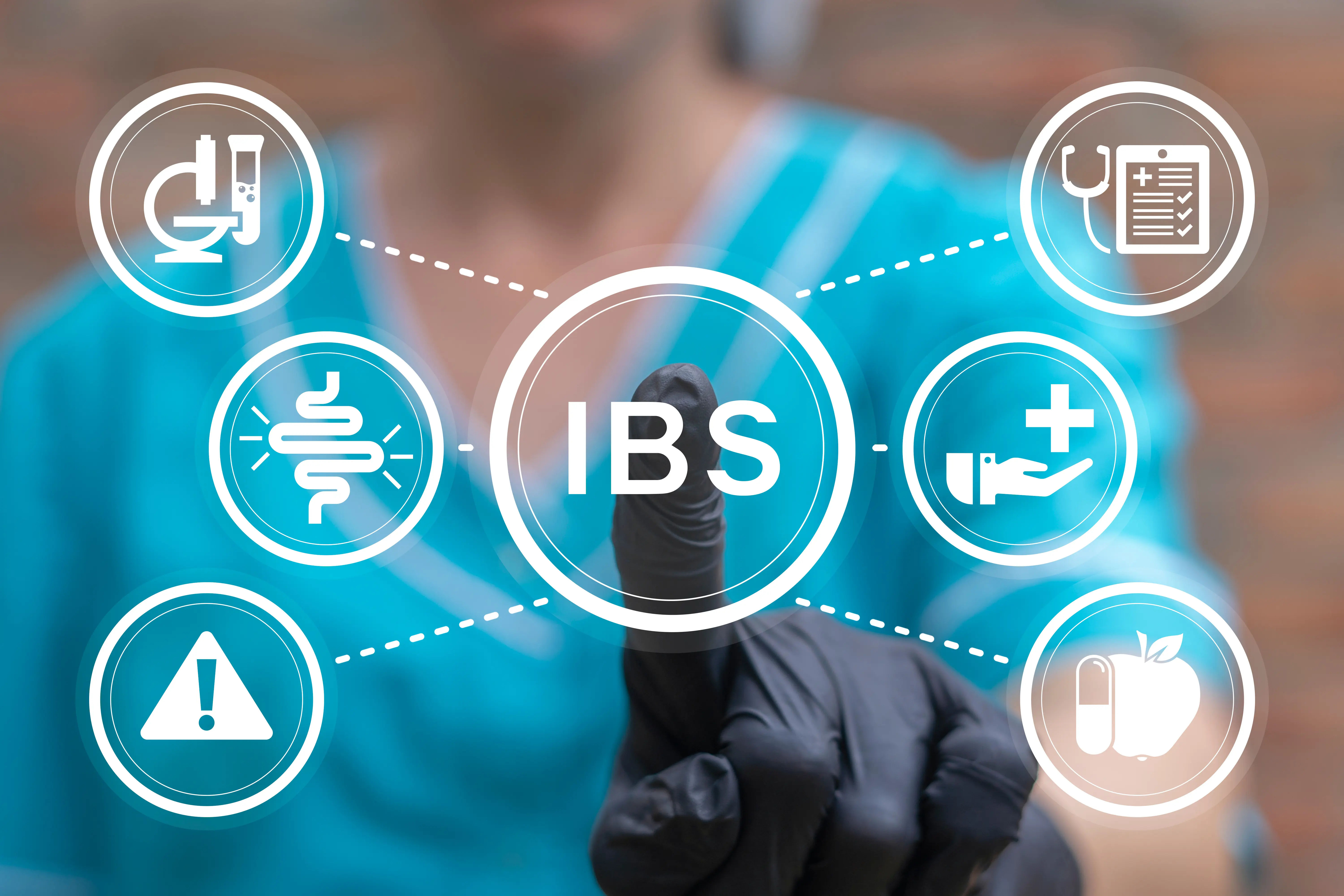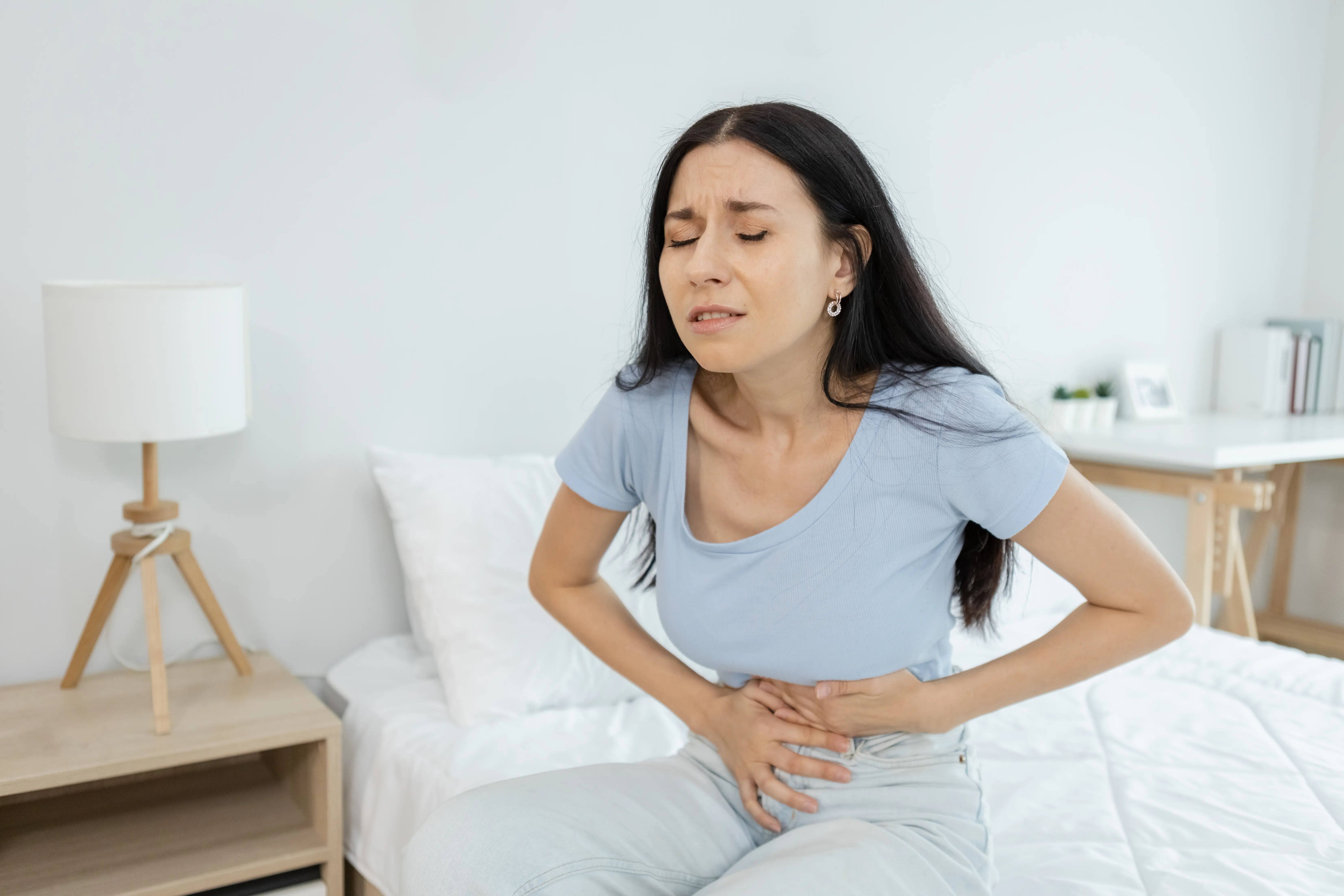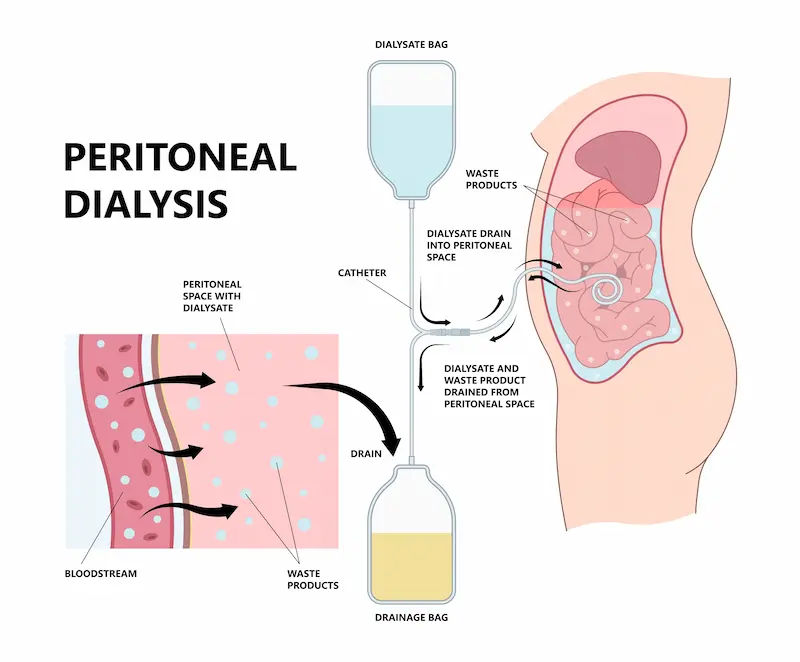- Male
- 0 Years
- 29/01/2025
I'm worried about my total bilirubin level, which is 1.56. Does that mean I have jaundice, or could it be something else?
Answered by 1 Apollo Doctors
A total bilirubin level of 1.56 mgdL is slightly elevated, but it is important to consider the normal range and context in interpreting this result. The typical normal range for total bilirubin in adults is around 0.1 to 1.2 mgdL, To get a clearer picture of your liver function, it is helpful to check other liver enzymes such as AST (SGOT), ALT (SGPT), alkaline phosphatase (ALP), and GGT. If these are elevated along with bilirubin, it may indicate liver dysfunction.
Dr. Anshul Suggests...
Consult a Gastroenterology/gi Medicine Specialist
Answered 04/07/2025
0
0

More Gastroenterology/GI medicine Health Queries
View allI've been dealing with an anal fissure for three years now and have been taking Lacsyp and some other antibiotics, though I forgot the name. Sometimes it eases up, but now I'm dealing with hard bowels, pain, and discomfort again. Today, I noticed some pus-like material on my rectum while bathing. Plus, I'm also having trouble with gas. What do you think might be going on, and is there something more I should be doing to get relief or prevent this from getting worse?
It migght a an infection, drink plenty of water if there is severe pain and fever and consult your surgeon
Answered by 1 Apollo Doctors
So my mom, Karthiyayani, went to your clinic on the 9th because she had this stomach pain after taking the Duvanta tablet at night. You originally prescribed Palmigas, Duvanta, Gpital, and Pan D. She didn't take the Pan D at night like you instructed, only in the morning. We're just a bit worried since your clinic isn't open on Sundays, and wanted to ask if she should keep taking these meds or not.
Karthiyayani should continue the prescribed medicines: Medicines to Continue 1. Palmigas 2. Duvanta (as directed) 3. Gpital (as directed) Next Steps 1. Monitor stomach pain and report any worsening. 2. Follow dosage instructions. 3. Schedule a follow-up appointment for Monday or earliest available time. Please confirm her condition improves or worsens. If concerns arise, contact the clinic or on-call doctor.
Answered by 1 Apollo Doctors
I'm dealing with this issue of intestinal worms, and it's really frustrating. I'm getting these rash-like bumps that are pretty bothersome. Is there a permanent solution for this? I would really appreciate your advice on what I should do.
it will reduce
Answered by 1 Apollo Doctors
Disclaimer: Answers on Apollo 247 are not intended to replace your doctor advice. Always seek help of a professional doctor in case of an medical emergency or ailment.




